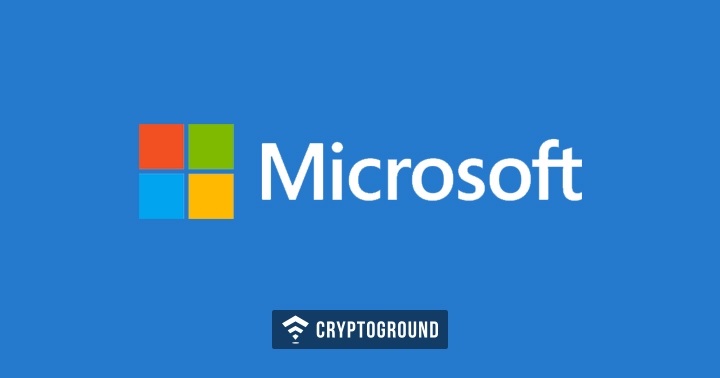Stratis, Blockchain development platform has released the first smart contract on Microsoft's .NET architecture, based on the press release shared on July 3.
The firm has released the Cirrus Sidechain Masternodes, and Stratis Smart Contracts products developed to allow businesses to build smart contracts in the programming language C#, a general-purpose programming language build by Microsoft under its development platform .NET.
This will finally allow the enterprises to launch smart contracts on one-underlying general purpose blockchain. Hence, the product aims at the enterprises, financial services firms, and government organizations which are currently using Microsoft's .NET architecture.
According to the press release
“A wide range of enterprise use cases, from tokens and lending platforms to provenance and self-sovereign identity solutions.”
The main goal of the Cirrus Sidechain is to stop bloating of the main Stratis network and support a high level of scalability. The release further notes:
“The Masternodes will operate on the Cirrus Sidechain using a Proof-of-Authority consensus algorithm, thereby enhancing security by adding accountability while also reducing the workload and energy consumption required for Masternodes to maintain the blockchain,”
Gustav Stieger, one of the senior developers working at Stratis stated, “Cirrus Sidechains will allow us to scale up the Stratis platform as we add functionality and deploy sidechains with use-case specific modifications, such as block time and block size. It will now be easier, cheaper, and faster for developers to build DLT and smart contract functions bespoke to their business needs.”
Before a month, it was rumored that Microsoft would make Blockchain based tools accessible to Powerapps and Microsoft Flow users. Moreover, artificial intelligence and blockchain tools will be available in the firm's PowerApps custom app builder and PowerBI business intelligence tool.
Before two months, in May 2019, Amazon's cloud platform known as Amazon Web Services (AWS) public to allow users to build blockchain networks within their organizations.
To achieve this, the project will utilize Ethereum and Hyperledger open source frameworks. Amazon particularly notes that AMB can allow millions of transactions. Amazon further says that blockchain-as-a-service (BaaS) will not enable businesses to build their networks quickly however at a lower cost as well by removing the need “to provision hardware, install software, create and manage certificates for access control, and configure network settings.”
























